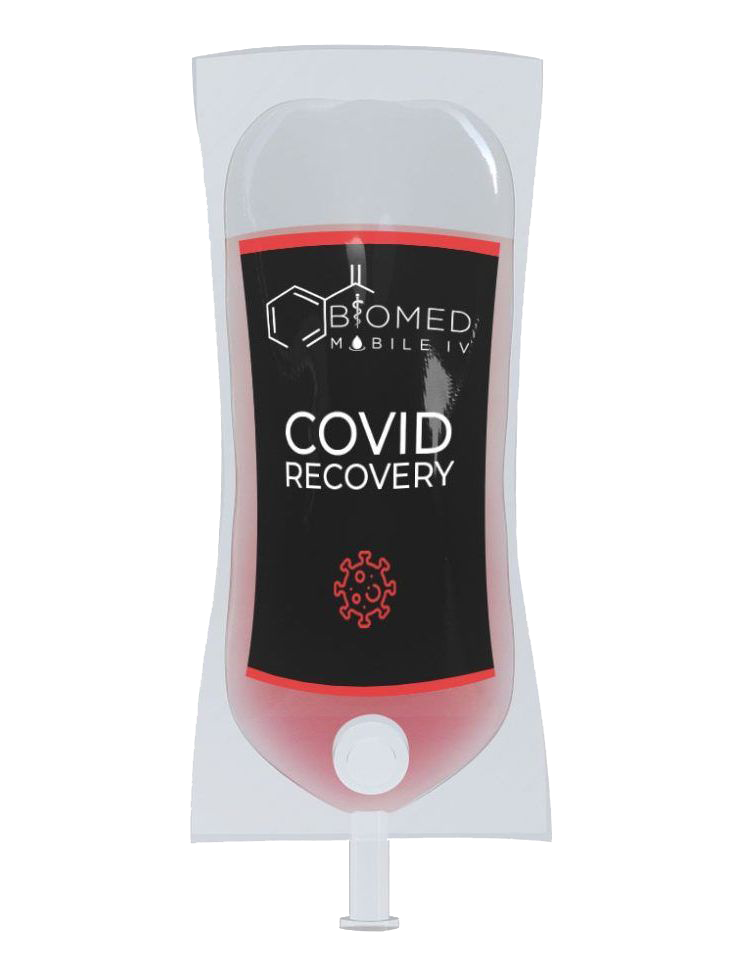COVID Recovery
IV Therapy to Help with Your Recovery from COVID

IV therapy can be a useful tool in COVID-19 recovery by providing the body with essential nutrients and medications to help fight the virus. COVID-19 can cause dehydration, electrolyte imbalances, and inflammation, all of which can be addressed through IV therapy. The treatment can provide fluids and electrolytes to rehydrate the body, as well as antioxidants and vitamins to support the immune system.
Do you have an active COVID-19 infection? No problem! We DO service patients with active infections.
Ingredients: B-Complex, B-12, Glutathione, High Dose Vitamin C, Magnesium, NAD+, Zinc
Great For: COVID-19, Fatigue, Immunity, Lethargy
Duration: 60 Minutes
Price: $500
The COVID Recovery IV Drip
How Can COVID IV Therapy Help with Your Recovery?
Heightened Energy Levels
BioMed’s COVID Recovery IV therapy rapidly boosts energy levels through the quick, intravenous delivery of vitamins to cells. B-complex vitamins and magnesium are especially potent in this regard as they contribute to cellular energy production.
Boosted Immunity
Immunity decreases when cellular functions fail or become compromised. The ingredients in the COVID Recovery IV therapy enhance cellular function, making them more capable of fighting off infection.
Help Reverse Cell Damage
Overall, COVID Recovery IV plays a crucial role in maintaining the health of cells and tissues, and emerging research suggests that boosting COVID Recovery levels can help reverse cell damage by activating sirtuins, promoting cellular energy production, and supporting a wide range of other cellular processes.
Boosted Hydration
Our COVID Recovery IV drip has a saline and electrolyte solution base that immediately boosts the body’s hydration levels. The solution delivers hydration straight to your cells quickly and efficiently, providing a fast recovery from dehydration.

